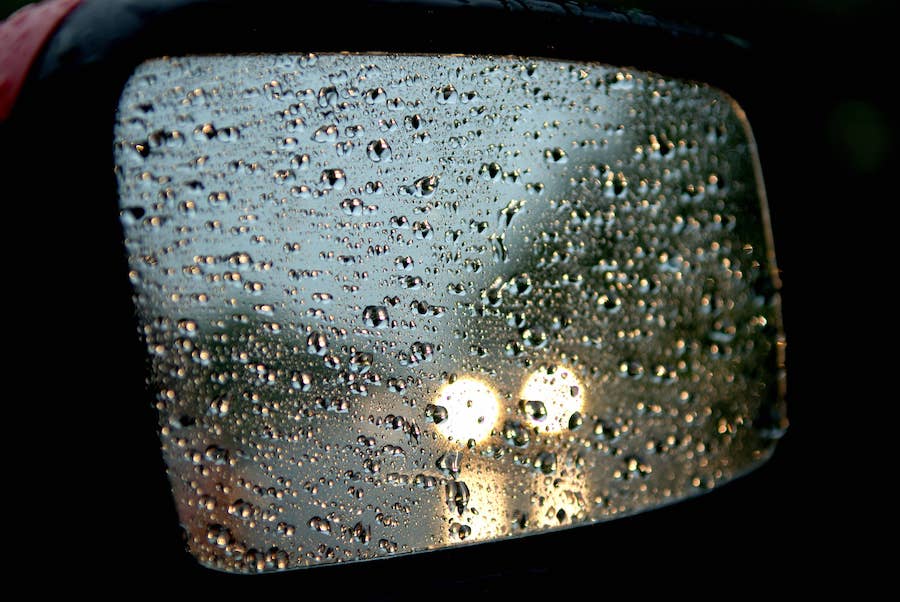Do you find car headlights dazzling when driving at night?
Research into headlight glare is to be launched amid concerns about drivers being dazzled, the Government has announced.
The RAC, which has campaigned on the issue, told the PA news agency the topic “struck a chord with motorists” and the study will be a “golden opportunity” to “get to the bottom of the problem”.
The Department for Transport (DfT) said independent research will be commissioned to “better understand the root causes of driver glare and identify any further appropriate mitigations”.
This comes in response to a petition with more than 10,000 signatures which urged ministers to launch a review “to find solutions”.
A recent survey commissioned by the RAC suggested more than four out of five (85%) drivers affected by headlight glare believe the problem is getting worse.
The poll of 2,000 UK drivers also indicated that 89% think some car headlights are too bright.
Two-thirds (67%) of those affected by headlight glare said being dazzled forces them to slow down considerably, while 64% believe some headlights are so bright they risk causing accidents.
The RAC believes headlights appear brighter on modern cars because the use of LED rather than traditional halogen bulbs creates a more intense and focused beam, which improves a driver’s view but can be to the detriment of other road users.
Other potential factors include badly aligned headlights and the increase in the number of cars that sit higher on the road, such as SUVs.
RAC road safety spokesman Rod Dennis said: “The fact the Government has listened to drivers’ concerns and heeded our calls to examine the complex issue of headlight glare in more detail marks a real turning point.
“The topic has undoubtedly struck a chord with motorists up and down the country, with many people contacting us directly to call for something to be done.
“Brighter headlights, while giving drivers a better view of the road ahead, are clearly causing other road users significant problems.”
In its response to the petition, the DfT also said international rules requiring new cars to have mandatory automatic headlight levelling based on the weight being carried were agreed by the United Nations in April last year and will come into force in September 2027.
The department expressed its belief that “these tougher requirements will help alleviate the number of cases where road users are dazzled”.
Government figures show that since 2013 there have been an average of 280 collisions on Britain’s roads every year where dazzling headlights were a contributory factor.
Of these, six a year involved someone losing their life.
Mr Dennis said: “We’re aware of regulatory changes being made at an international level that will hopefully make a difference in many years to come, but are concerned that these alone may not be enough to address headlight dazzle.
“We look forward to working with the Department of Transport to help ensure the study is as robust as possible and drivers’ voices are heard.”
Baroness Hayter, who has also urged the Government to take action over headlights, said: “This is a victory for all those drivers affected by glare who’ve complained to their MP, signed the parliamentary petition, or indeed sought help from an optometrist only to discover the problem was with headlights, and not their eyes.
What are your views? Do you find headlights too bright and impact your driving? Does this put you off driving at night? Does the glare hurt your eyes?





















